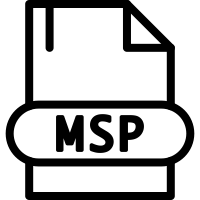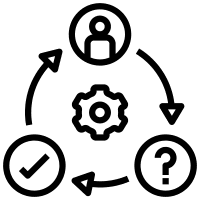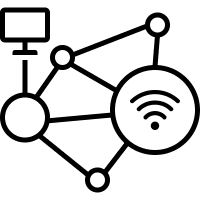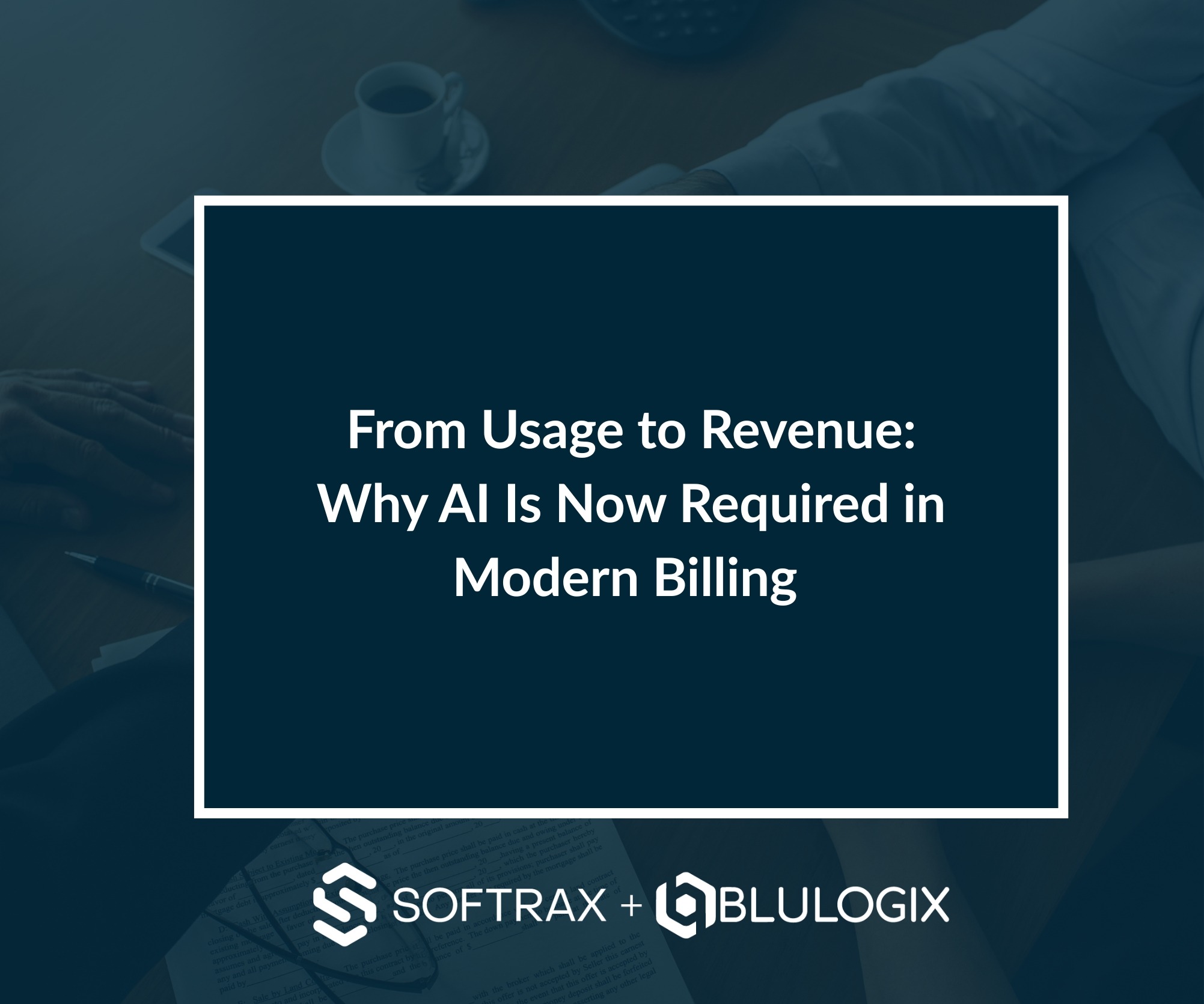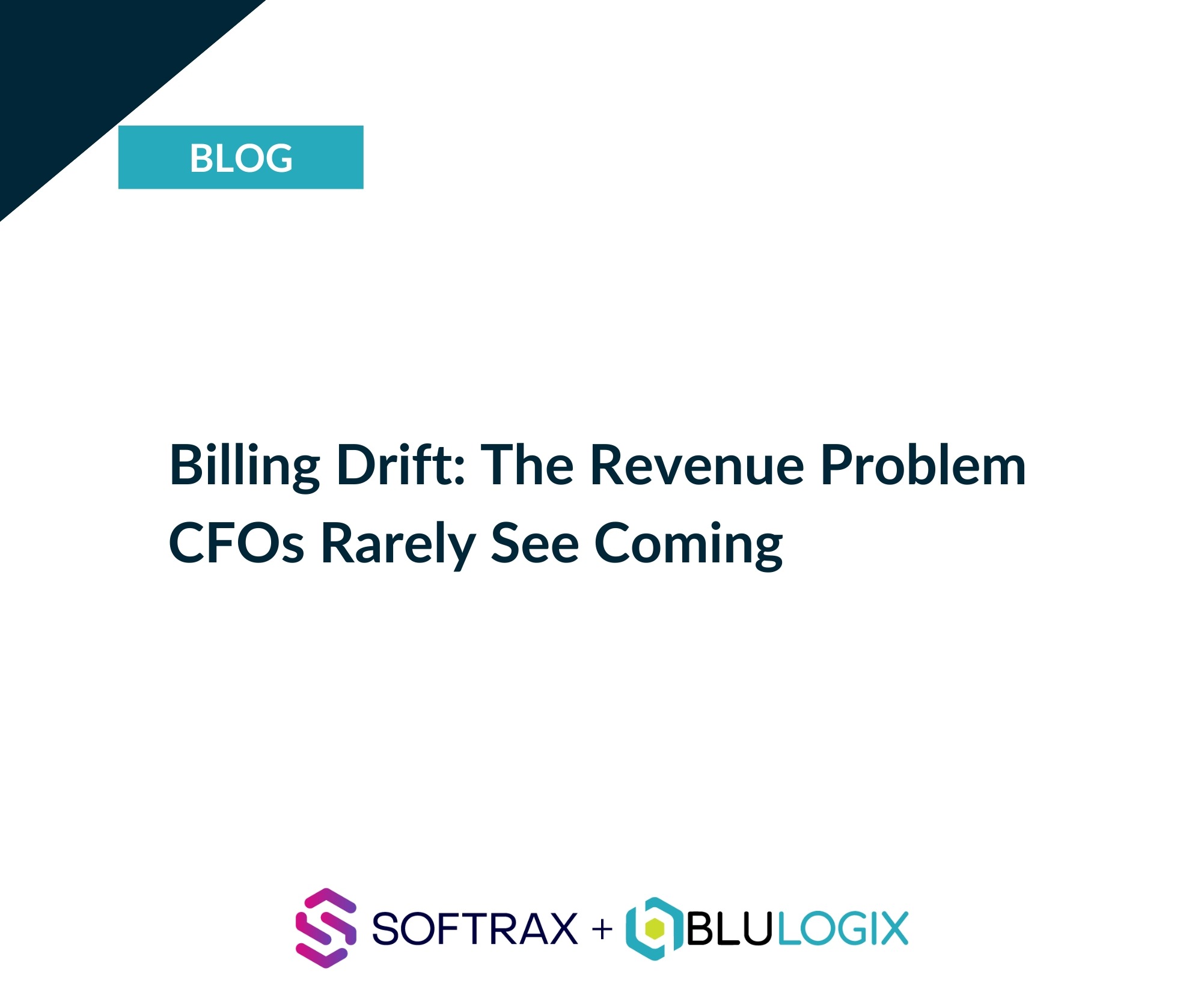For MSPs looking to expand globally, the journey is often fraught with challenges that require careful planning and robust systems to overcome. Some of the most common barriers include:
- Local Compliance and Regulations
Every country has its own set of rules and regulations, and navigating these can be a daunting task. Local compliance requirements can range from data privacy laws and taxation to employment standards and industry-specific regulations. Failing to comply with local regulations can lead to fines, legal issues, and reputational damage, making it crucial for MSPs to fully understand and adhere to the rules in each new market.
- Currency Support and Exchange Rates
Operating in multiple countries means dealing with multiple currencies and fluctuating exchange rates. MSPs need to be able to support various currencies, accurately calculate exchange rates, and ensure that pricing remains consistent and transparent for their customers. Managing multi-currency transactions manually is not only time-consuming but also increases the risk of errors, which can lead to billing discrepancies and customer dissatisfaction.
- Billing Complexities
Billing becomes significantly more complex when operating across different regions. From different tax rates to varying payment methods, ensuring accurate billing for customers in different countries can be a major challenge. Additionally, language barriers and differences in billing preferences can make it difficult to deliver clear and transparent invoices that customers understand and trust.
- Localization Requirements
Localization is more than just translating language; it involves adapting your services, support, and marketing to fit the cultural and regulatory needs of each market. Customers in different regions may have different expectations when it comes to service offerings, customer support, and communication. Failure to localize can make it difficult to connect with customers and create a positive customer experience.
Despite advancements in technology, many MSPs still rely on manual processes for critical operations such as billing, provisioning, and service management. These manual workflows are often labor-intensive, time-consuming, and prone to errors, ultimately hindering overall efficiency.
Manual billing processes, for instance, are not only inefficient but also prone to inaccuracies, leading to billing errors that can negatively affect customer satisfaction. Inaccurate billing can result in overcharges or undercharges, both of which can damage the relationship between MSPs and their customers. Overcharges can lead to customer complaints and churn, while undercharges directly impact the bottom line. Additionally, manual processes are difficult to scale, making it challenging for MSPs to keep up with increased customer demands as they grow.
Customer satisfaction is at the core of any successful MSP business, and manual processes can be a major obstacle in delivering exceptional customer experiences. Long response times, errors in service activation, and delays in provisioning are all common issues that can result from manual operations. In an industry where customers expect seamless, real-time service, relying on manual workflows can severely limit an MSP’s ability to meet those expectations.
Moreover, manual processes often require significant staff time and effort, which can lead to resource constraints. Employees may end up spending hours on repetitive tasks such as data entry or invoicing instead of focusing on more strategic, value-added activities. This not only hampers employee productivity but also impacts overall business growth, as the potential for innovation and improvement is restricted by time-consuming manual work.








